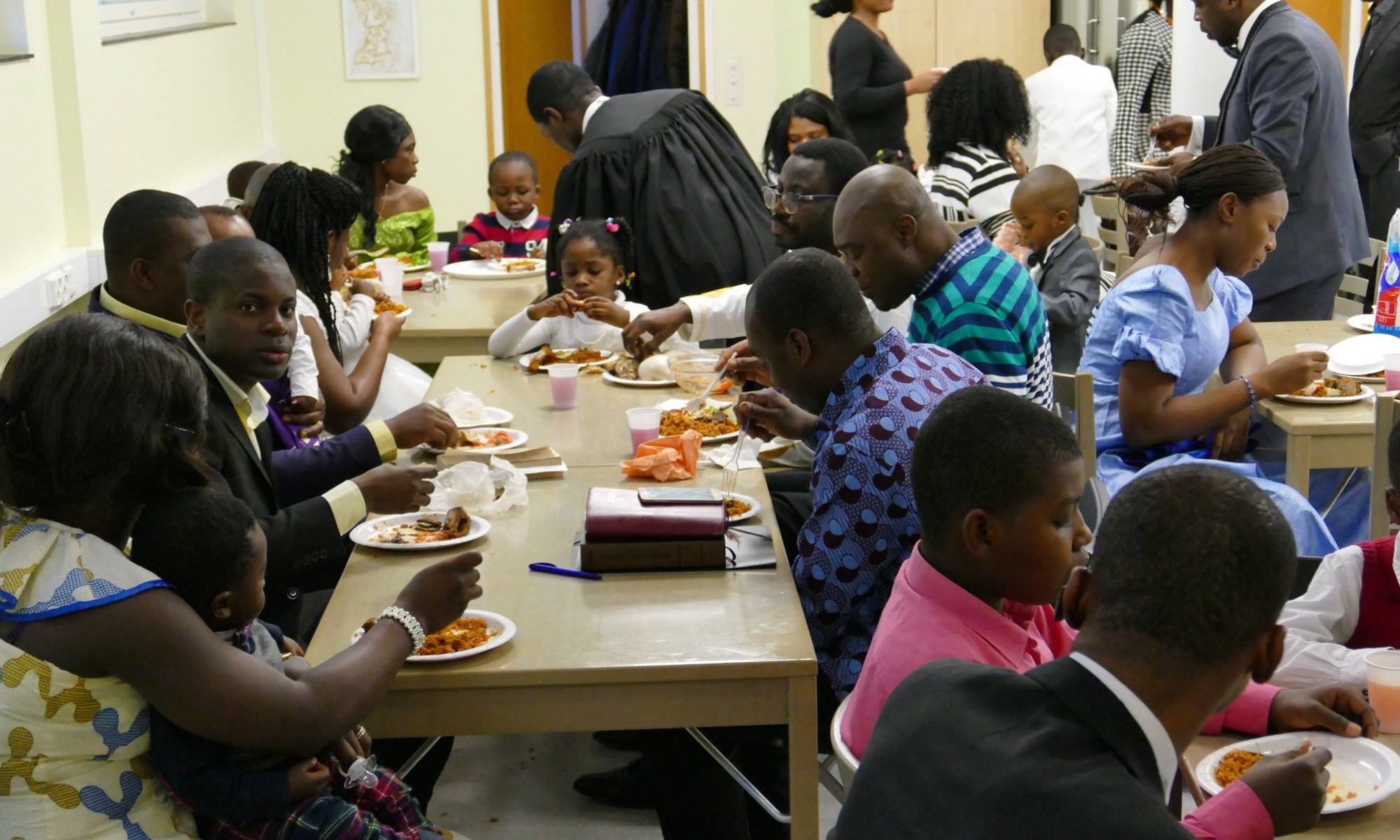Introduction
Food is not enough to keep people healthy and happy. Healthy human relationships are a necessary ingredient in human growth and development. God created each species of animals in pairs. They were not created only for procreation but that they might be with each other. It is important that humans maintain fellowship with each other. This Newsletter discusses the importance of social networks to humans.
Not Good to be Alone
The scripture says that Adam gave names to all God´s creation but for him, there was no one suitable for him (Gen 2:20). “And the LORD God said, It is not good that the man should be alone; I will make him an help meet for him” (Gen 2:18). The creation of Eve was to give Adam companionship, a friendship, a confidante and a wife.
Every human being needs to have a person that s/he can relate to. Though fellow humans may put you into trouble, it is more dangerous to live without any social network. A friend may wound or offend you but “faithful are the wounds of a friend..” (Pro 27:6). You may succeed in keeping yourself away from everyone but that has a very limited advantage because that is not God´s plan for man.
Sharing Emotions
As humans, it is imperative that we have the opportunity to express our emotions and have them appropriately responded to by fellow humans. Emotional dryness eats up the flesh and isolates the soul. There should be someone to laugh and to cry with. Paul is absolutely right when he admonishes believers to rejoice with those who rejoice and to mourn with those who mourn (Rom 12:15). A man may depend on God for His encouragement and companionship but He was there to give the same to Adam when He said: it is not good for the man to be alone.
James also writes:
“Is any among you afflicted? let him pray. Is any merry? let him sing psalms. Is any sick among you? let him call for the elders of the church; and let them pray over him, anointing him with oil in the name of the Lord” (Jas 5:13-14).
Here, in this Newsletter, the emphasis on the above scripture is neither on the anointing oil nor the prayer, but that there should be someone to call in times of need, or distress. The family and friends are there to help, so make use of them. Writing on social capital, the scripture advises that our father´s friend and the friends of our friends should not be forsaken. Also, in the day of trouble, it is not advisable to go far to your own family member’s house for help while a trusted friend is readily available to assist you (Pro 27:10).
The need for social interactions
In our social networks, people of all categories may be included so that we could lean on them when necessary. Apart from sharing of emotions, social interactions also open doors for better and greater opportunities. A person could receive good counsel from his/her social networks. According to the book of Proverbs, “Ointment and perfume rejoice the heart: so doth the sweetness of a man’s friend by hearty counsel” (Pro 27:9).
Friends could also encourage, strengthen or sharpen countenance by making one glad (Pro 27:17). A person´s social interactions could lead him/her to some important places or people, that s/he could not, under normal circumstances, have access to. This is something that the prophet wanted to do for the Shunammite woman. This woman brought Elisha into her social network and supported him with some basic needs. In return for her kind gesture, Elisha wanted to connect her “to the king, or to the captain of the host” but the woman had already secured herself with an important social capital so “she answered, I dwell among mine own people” (2Ki 4:12-13). However, she eventually received a child from her social network, something that for a long time, she had been looking for.
Conclusion
Food is a basic need in the life of every person but it is not all that we need in life. A man ought to have other people in his/her life. Social networks may have their own limitations but they are something that we cannot do without. As it is written: it is not good for a man to be alone. We only need to be careful with the type of people we call friends or family members.
Prayer: May the Almighty God lead us in the formation of our social networks in the name of Jesus Christ. AMEN!

